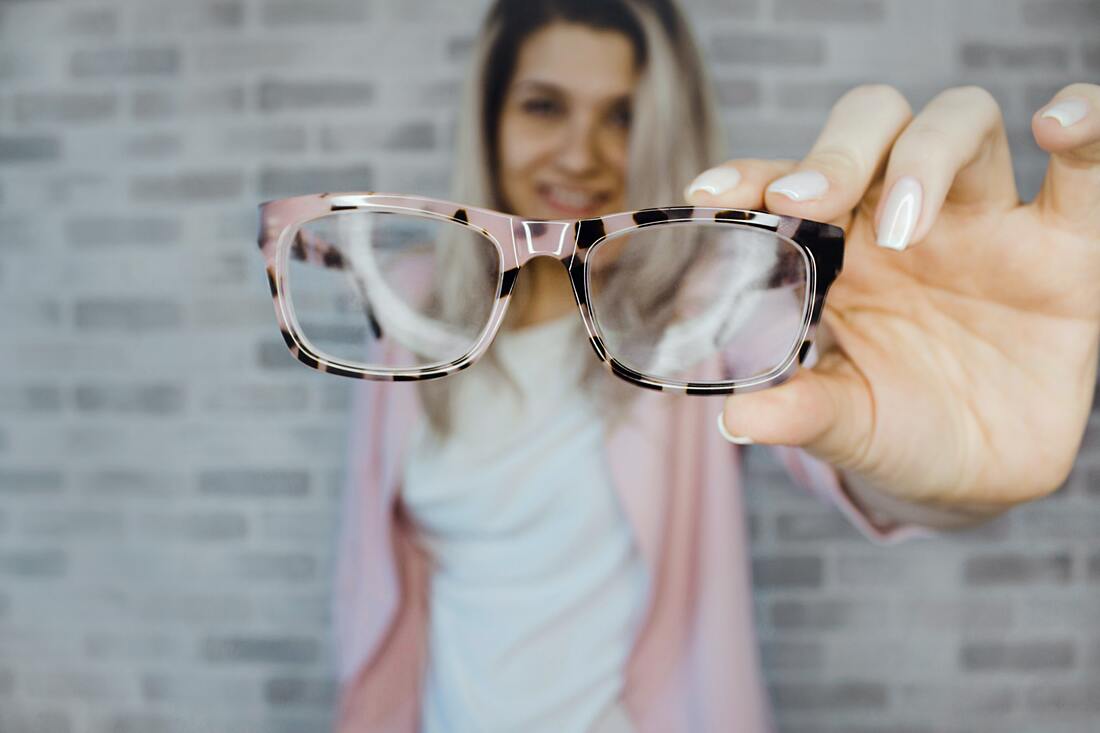|
No two people look at the world the same way, even when they have the same experience. Informing our responses are typically core beliefs that are deeply held that color the way that people process different experiences. These core beliefs are like glasses, how you interpret what is happening around can vary depending on the type of lens that you are using. In this article, we will discuss core beliefs and how they can impact your sense of self. What are core beliefs anyway?
Core beliefs are defined as a person's deepest opinions about themselves, others, and the world around them. These beliefs become the lenses by which a person views every interaction and experience in their lives. Core beliefs can be inaccurate or balanced, but they both affect how a person sees the world. Harmful or inaccurate core beliefs can lead to negative thoughts, feelings, and actions. More balanced beliefs tend to lead to rational thoughts, feelings, and actions. Unchecked negative core beliefs can lead to anxiety, depression, low self-esteem, and difficulty navigating stress. A tale of two different people with differing core beliefs Let's say that Susan and Debbie just got new jobs. They work at the same place and started at the exact same time. Each of them just finished their first manager meeting and received critical feedback about mistakes that they performed on the job. Susan:
Debbie:
Both Susan and Debbie had the exact same experiences, but Debbie was able to cope with the negative feedback she received because of her core belief which drove different actions than Susan's. What are some common core beliefs Almost everyone struggles with negative core beliefs. Some examples of common core beliefs are below.
How to challenge negative core beliefs When you notice negative core beliefs about yourself, do not let those go unchecked! Here are things you can do to help challenge a core belief.
If your negative core beliefs begin bleeding over into feelings of extreme depression, anxiety, or sadness it might be time for help. If you live in the State of Texas, Seeds of Change Counseling is currently offering video counseling sessions. Call us know at 512-676-5813 for a free therapy consultation to see if we are a fit for your needs.
0 Comments
We have all heard how important exercise is for our physical health. In fact, the Department of Health and Human Services recommends getting at least 150 minutes of moderate aerobic activity or 75 minutes of vigorous aerobic activity per week. Besides benefiting our physical health, exercise is also extremely beneficial to our mental health. In this article, we will explore the mental health benefits to exercise. Anxiety disorders are common in the United States, the Anxiety and Depression Association of America (ADAA) indicates that 40 million adults age 18 and older (18.1% of the US population) are affected by anxiety disorders annually (https://adaa.org/about-adaa/press-room/facts-statistics). The ADAA reports that 16.1 million adults over the age of 18 (6.7% of the US population) suffer Major Depressive Disorder in a given year.
Most of us have noticed that a brisk walk outside or a jog around the block can lift our mood, but what does the science say about exercise and mental health? Exercise's effect on the brain Exercise can enlarge certain areas of the brain by improving blood supply that increases neuron health through improved delivery of oxygen and nutrients. One of the areas that enjoys this effect is the hippocampus. This area of the brain is responsible for memory, emotional regulation, and learning. Studies completed in other animals show that exercise leads to the creation of new neurons. Research also shows that several mental health conditions, especially depression, are associated with lower amounts of growth and development of nervous tissue in the hippocampus. Where to turn when you need additional help? If you struggle with a major depressive or anxiety disorder, exercise along may not be enough. You will likely need help from mental health professionals such as a psychiatrist and therapist. If you live in the State of Texas, Seeds of Change Counseling Center is offering video counseling during this time of pandemic. Call us at 512-676-5813 for a free counseling consultation to see if we would be a good fit! |
Archives
September 2020
Categories
All
|


